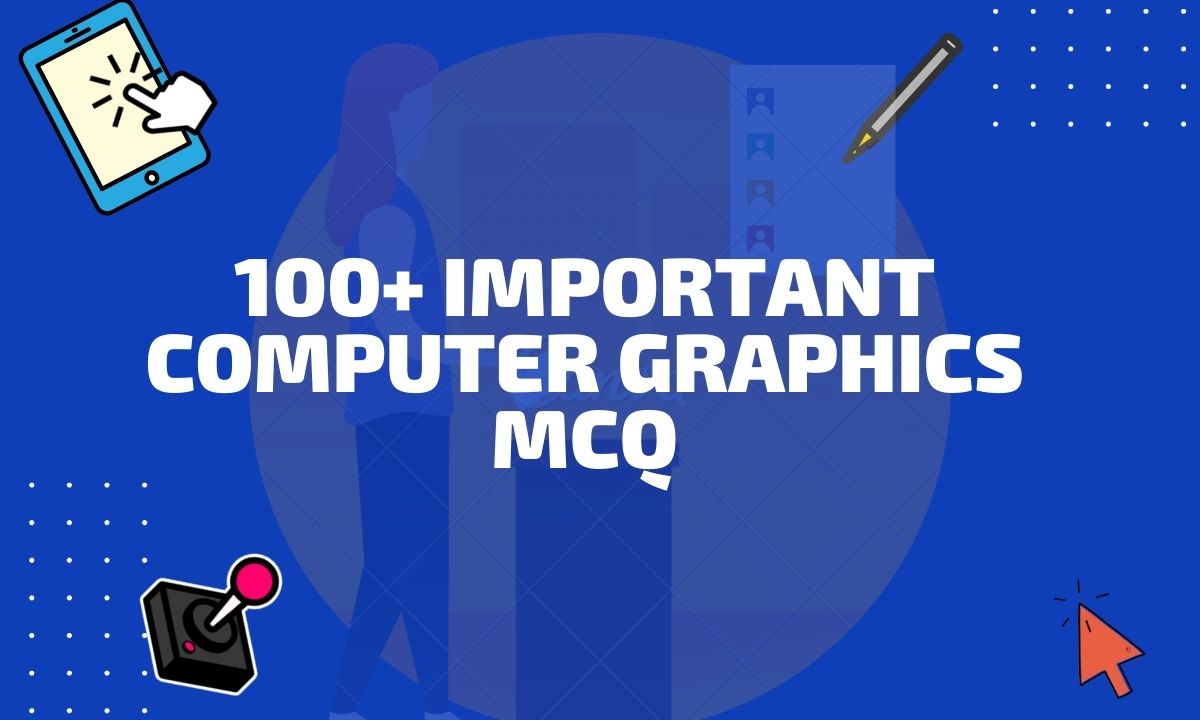In many organizations, there are multiple levels of management, each with its own set of responsibilities and authority. The specific levels of management within an organization can vary, but common levels of management include 4 types of managers. General types of managers are Front-line managers, middle managers, senior managers, and executive managers. Each level of management plays a critical role in the overall functioning and success of the organization, and the responsibilities and authority of each level can vary depending on the size and structure of the organization.

On the basis of management level
On the basis of management level, there are 4 types of managers, front-line managers, middle managers, senior managers, and executive-level managers. Each of these is described below.
1. Front-line managers
Front-line managers are responsible for managing the work of non-managerial employees and are typically the first point of contact between employees and higher-level management. They may be responsible for setting goals and targets for their team, developing and implementing plans and procedures, and providing support and guidance to employees. For example, a front-line manager at a retail store might be responsible for overseeing the sales associates and ensuring that the store is running smoothly and efficiently.
Read Similar: Types of management styles
2. Middle managers
Middle managers are responsible for managing the work of front-line managers and other employees and for coordinating the activities of different departments or groups within the organization. They may be responsible for developing and implementing strategies and plans, setting goals and targets, and making decisions that impact their area of responsibility. For example, a middle manager at a manufacturing company might be responsible for overseeing the production process and ensuring that the company is meeting its production targets.
3. Senior managers
Senior managers are responsible for setting the overall direction and strategy of the organization and for making high-level decisions. This level of management may include positions such as department heads, vice presidents, and chief executive officers (CEOs). Senior managers are responsible for providing leadership and direction to the organization and for ensuring that it is meeting its goals and objectives. For example, a senior manager at a financial services firm might be responsible for developing and implementing strategies to grow the business and increase profits.
Read Important: Different Types of Case tools
4. Executive managers
Executive managers are responsible for setting the overall direction and strategy of the organization and for making high-level decisions. This level of management may include the board of directors and the highest-level executives in the organization. Executive managers are responsible for providing overall leadership and direction to the organization and for ensuring that it is meeting its goals and objectives. For example, the CEO of a major corporation might be responsible for setting the overall direction and strategy of the company and for making high-level decisions about its operations and future growth.
Important interview Question: What is your management style?
On the basis of roles and responsibilities
On the basis of responsibilities, managers can be of many types depending on the type of organization. These include:
1. Functional managers
Functional managers are responsible for managing a specific function or area of expertise within an organization, such as finance, human resources, or marketing.
2. General managers
General managers are responsible for overseeing the overall operations of a business and have a broad range of responsibilities that may include managing budgets, making strategic decisions, and managing staff.
3. Team managers
Team managers are responsible for overseeing a group of employees and ensuring that they are working effectively together to achieve team and organizational goals.
4. Project managers
Project managers are responsible for planning, organizing, and directing the work of a team to complete a specific project or objective.
Know about the ethics of cyber
5. Department managers
Departments are responsible for overseeing all of the activities and employees within a specific department or function within an organization.
6. Executive managers
Executive managers are responsible for setting the overall direction and strategy of the organization and for making high-level decisions.
7. Operations managers
Operations managers are responsible for overseeing the production of goods and services in an organization.
8 Sales managers
Sales managers are responsible for leading a sales team and achieving sales targets.
9. Marketing managers
Marketing managers are responsible for developing and implementing marketing campaigns to promote products or services.
10. Human resources managers
Human resources managers are responsible for managing the personnel and administrative functions of an organization, including recruiting, hiring, training, and evaluating employees.
11. Financial managers
Financial managers are responsible for managing an organization’s financial resources, including budgeting, forecasting, and decision-making related to financial matters.
12. IT managers
IT managers are responsible for managing the information technology systems and resources of an organization.
13. Supply chain managers
Supply chain managers are responsible for managing the flow of goods and services from suppliers to customers.
14. Healthcare managers
Healthcare Managers are responsible for managing the operations of healthcare facilities or organizations, including hospitals, clinics, and nursing homes.
15. Educational managers
Educational managers are responsible for overseeing the administration and operations of schools, universities, and other educational institutions. It also seeks challenges in online education in institutions.
16. Nonprofit managers
Nonprofit managers are responsible for managing the operations of nonprofit organizations and ensuring that they are meeting their mission and goals.
17. Government managers
Government managers are responsible for managing the operations of government agencies and departments.
There can be many other types of managers that are not mentioned here and all these depend on the type of organization.
Conclusion
There are multiple levels of management within an organization, each with its own responsibilities and authority. These levels include front-line, middle, senior, and executive managers. There can be many types of managers depending on their function at each management level. Front-line managers oversee non-managerial employees, middle managers coordinate departments, senior managers set strategies and make high-level decisions, and executive managers provide overall leadership and direction. Understanding the roles and responsibilities of each level is important for effective leadership and management.



